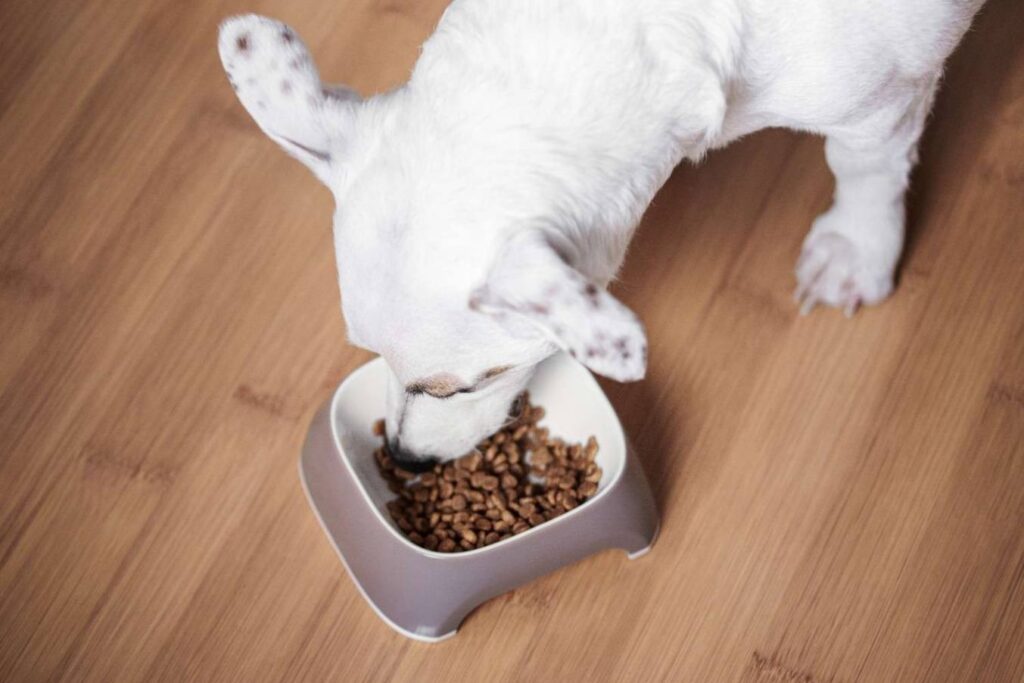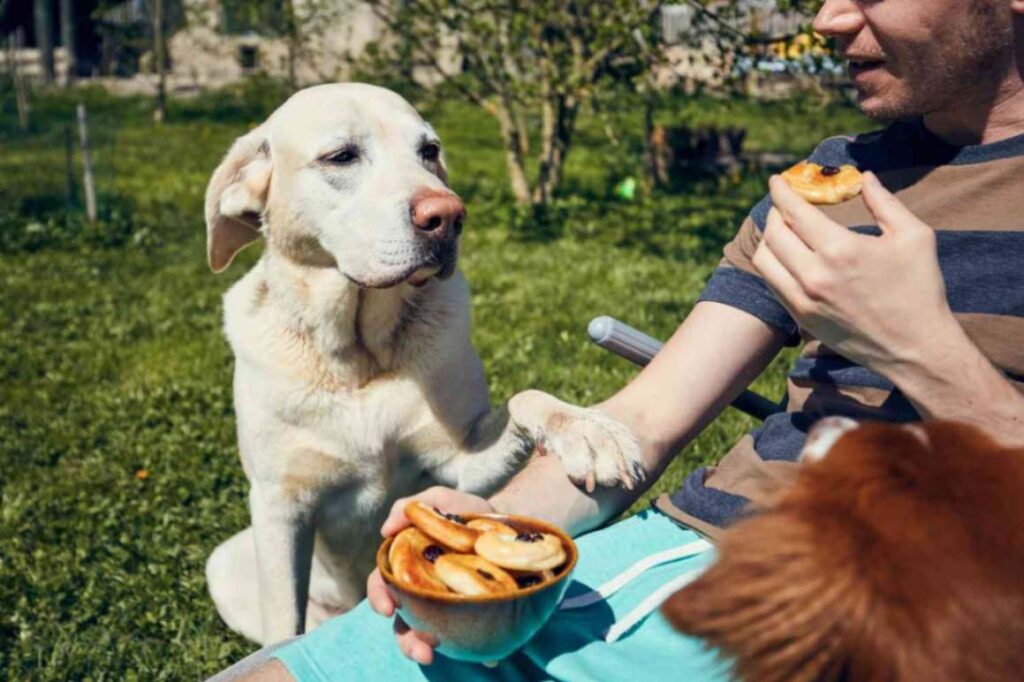Proper pet nutrition is essential for our furry buddies’ general health and coat health. A pet’s coat quality is a reflection of their overall health and nutritional status. A diet high in essential nutrients, including protein, omega-3 and omega-6 fatty acids, vitamins, and minerals, promotes a glossy, healthy coat and glowing skin. Meanwhile, the deficiency of essential nutrients can cause a dull, dry coat, excessive shedding, or skin issues. As a result, offering a balanced diet suited to your pet’s nutritional requirements is important.
Here Are Seven Ways in Which Nutrition Impacts Coat Health

Pet parents can help their furry companions get lustrous coats and thrive by prioritizing nutrition. Pet parents need to understand how different pet nutrition components affect coat health.
Protein
Pet food experts say protein is necessary for healthy coat development since it offers the structural components for hair growth and repair. Pets require a proper protein intake to keep their coats bright and lustrous. Meat, fish, and poultry are high-quality protein sources that provide essential amino acids for healthy skin and coat.
Essential Fatty Acids
Omega-3 and omega-6 fatty acids are essential pet food for keeping the skin and coat healthy. These fatty acids moisturize the skin, alleviate inflammation, and produce a lustrous coat. Fish oil, flaxseed oil, and chia seeds are good sources of omega-3 fatty acids, while sunflower and safflower oils include omega-6 fatty acids.
Minerals
Minerals are an essential part of pet health care and diet. Essential minerals like zinc and copper are necessary for skin health and collagen synthesis. Zinc, in particular, is essential for skin health; a shortage of these minerals can result in dry, flaky skin and a dull coat. On the other hand, Copper aids in melanin synthesis, which affects coat color and pigmentation.
Vitamins
According to pet food experts, specific vitamins are essential in maintaining coat health. Vitamin A promotes skin cell turnover and regeneration, whereas vitamin E is an antioxidant, protecting skin cells from injury. Biotin (vitamin B7) is renowned for its ability to promote healthy hair development and may improve coat quality.
Hydration
Pet health care cannot be imagined without hydration. Adequate hydration is critical for maintaining skin and coat health. Water regulates body temperature, transports nutrients to the skin and hair follicles, and moisturizes and softens the skin. Dehydration can result in dry, flaking skin and a dull, fragile coat.

Nutrient Absorption
Proper digestion and nutrition absorption are critical for general pet wellness, including coat health. A well-balanced food that is easy to digest and rich in accessible nutrients ensures that our pets get enough vitamins, minerals, and fatty acids to maintain healthy skin and coat.
Allergies and Sensitivities
Dietary allergies or sensitivities can lead to skin and hair problems in some pets. Specific pet food components, such as grains, artificial chemicals, and fillers, might cause allergic responses, resulting in skin irritation, itching, and coat issues. Identifying and removing probable allergens from the diet can enhance coat health in pets with food sensitivities.
Nourishing Your Pet for Coat Health
Nourishment is essential for pet wellness. A well-balanced diet rich in protein, fatty acids, vitamins, and minerals is necessary for maintaining a bright, lustrous coat and good skin. Pet parents may contribute to their furry companions’ general health and well-being by ensuring they receive the correct nourishment.

0 Comments